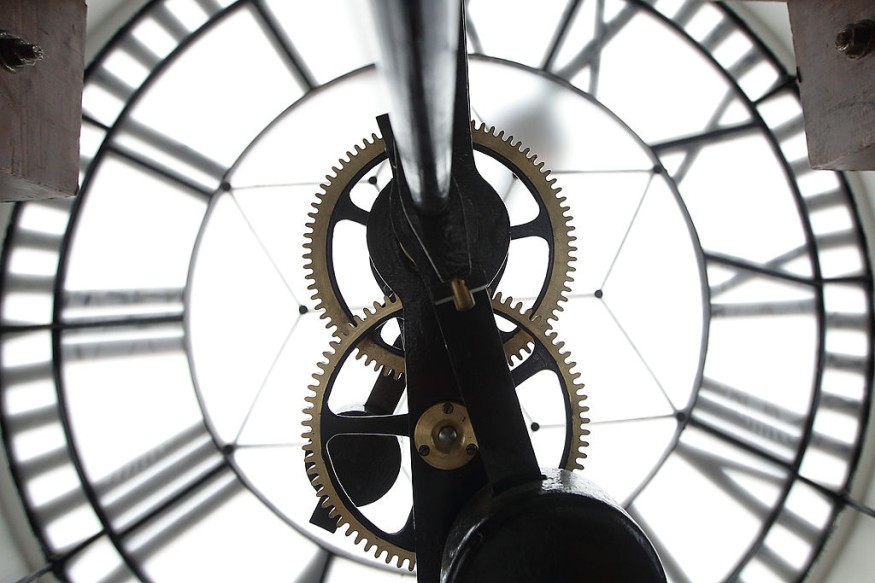The US is due to adjust the clocks back this Sunday, leaving us in the early morning with an extra hour of sunshine and one hour less in the afternoon. The end of daylight saving time (DST), which started in March, is marked.
The experience can leave you feeling a little groggy. All isn't in your mind.
When we do in the spring, shifting our schedules forward by one hour will screw with our circadian rhythm, a period of release of hormones, and other body processes related to light and dark cycles.
There is more light in the afternoon, while there are fewer in the morning. Hence, there's a discrepancy between body clocks that follow the light and the social clocks that control our lives.
Although it may also be disruptive to turn around, like we're about to do.
In the weeks since the transition occurs, it will impact our sleep and mood. When the clocks go back down, you do not end up sleeping more.

You may not end up sleeping more when the clocks fall back
When we adjust the clocks back in the fall, theoretically, we get to sleep a whole hour all over again.
A 2013 study paper claims there's little evidence for the claims that individuals really get more sleep that night.
Five days before and five days after the clocks turned back one hour, the analysis refers to a 2010 report examining the sleep habits of 88 individuals.
During the night of the shift, the team discovered no significant changes in sleep length. In the first four days after the shift, people woke up about 20 minutes faster, on average.
Standard Time's return may influence your sleep for a few days
A 2012 survey of 120 individuals showed that in the days after the autumn time shift, short sleepers, people who slept less than 7.5 hours, actually got around 20 more minutes of sleep. The sleep, however, appeared to be significantly disturbed.
Since turning the clocks back, individuals who usually slept for more than 8.5 hours ended up lasting fewer than average days.
After the move, both groups of sleepers took about 7 minutes longer to fall asleep. They have had poorer efficiency of sleep, suggesting they spent most of their time awake in bed.
May affect your mood, too
Falling back doesn't just affect sleep. It can impact the mood as well.
A 2016 study showed that the number of people living with seasonal depression in Denmark rose 11 percent, then dissipated in the following weeks just after the clocks were set back.
Scientists focused on 185,419 diagnoses of depression gathered from 1995 to 2012.
Søren D. Østergaard, the lead author from Aarhus University Hospital, said that he was "relatively confident" that the change to normal time triggered the uptick.
"The transition to standard time is likely to be associated with a negative psychological effect as it very clearly marks the coming of a period of long, dark, and cold days," said Østergaard.
You might not have adjusted to DST
Finally, you may have never wholly adjusted to DST in the first place.
Scientists discovered that our circadian patterns appear to coincide with dawn under average time in a 2008 analysis on 50 individuals (The time we will reach this Sunday).
But when DST started in spring, individual citizens' internal clocks were never completely changed.
Morning larks, or persons that appear to wake early and go to bed early were willing to advance their "core of action" or the portion of the day by 40 minutes as the clocks were set ahead by one hour when they were most busy.
During the eight-week analysis, night owls (or those who naturally stay up late and rise long after sunrise) could not progress their core of operation at all.
It is also necessary to remember that some experts say that adjustment to the time shift is feasible.
It differs from person to entity. But the American Academy of Sleep Medicine reports that transitioning to a time shift involves around five to seven days.
Some transitions can be challenging to handle. That's why some scholars claim that it's time to do away with improvements in time for good.
Check out more news and information on Biology on Science Times.
© 2026 ScienceTimes.com All rights reserved. Do not reproduce without permission. The window to the world of Science Times.











